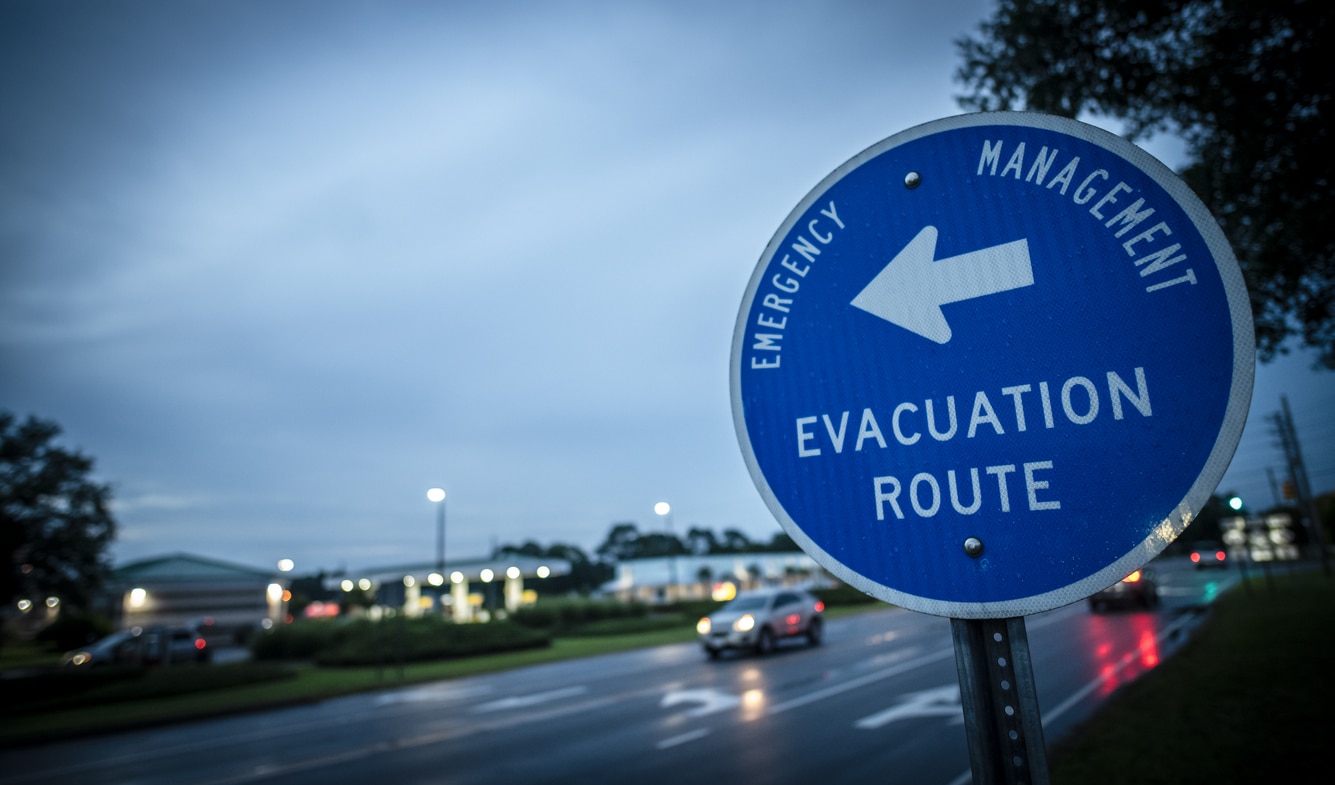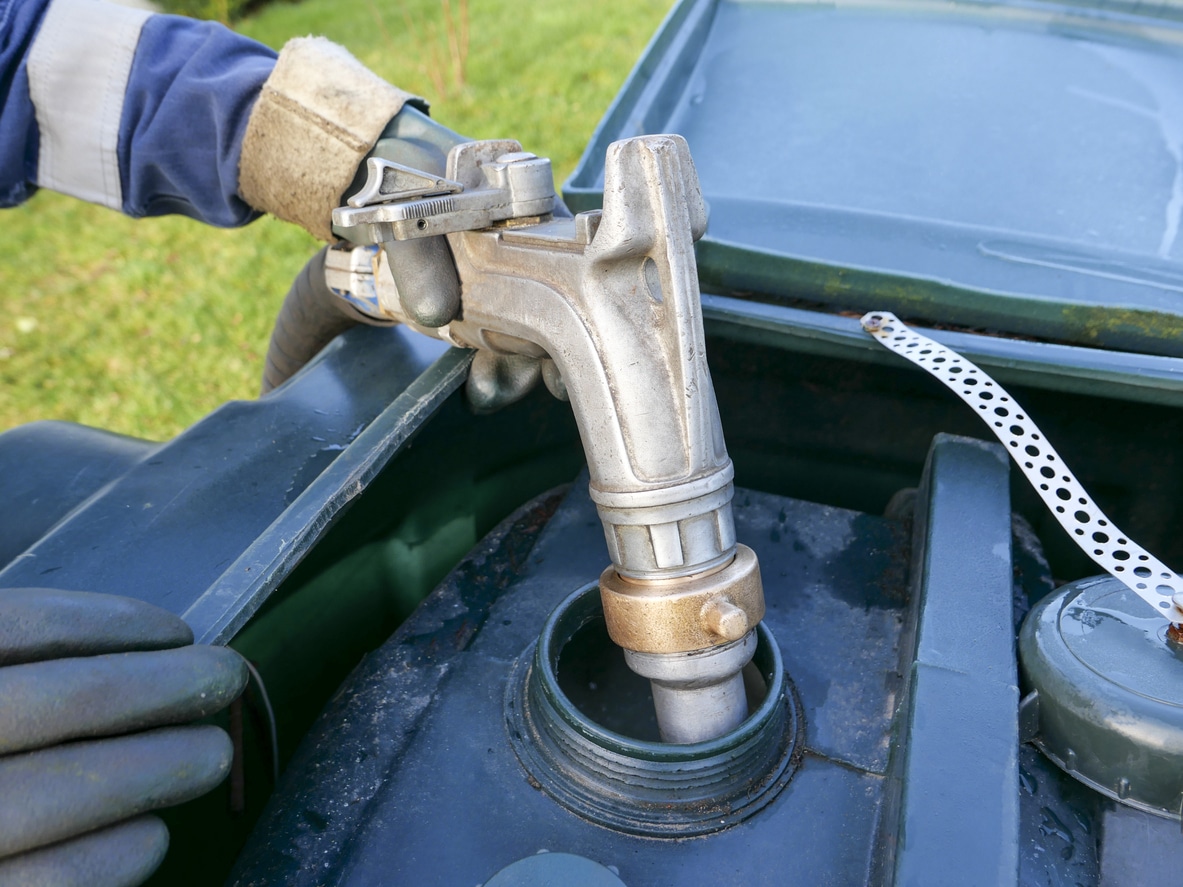
Just Leave? It Isn’t That Simple: A Look at Climate Change, Hurricanes and Underserved Communities in the United States

The National Oceanic and Atmospheric Association predicts there will be up to 6 major Atlantic hurricanes this year. It’s nearly a foregone conclusion these extreme weather events will claim lives, upturn communities and leave plenty of folks with nothing.
Despite the sheer horror that follows hurricanes, many American adopt an unempathetic stance toward the people who live in the potential path of the next major hurricane. You may have even heard your uncle, neighbor, or workmate ask, “Why don’t they just leave?”
In reality, “just leaving” is always more complicated than packing up and heading to Michigan (the state with the lowest chance of natural disaster). Folks who cannot leave the area when the hurricane warning hits may not have the resources to flee and are often left unprotected by local and federal governments.
Hurricanes and Climate Change
More Americans today agree climate change is real and is significantly impacted by human action. According to an opinion poll gathered by Yale, 57% of Americans believe climate change is “mostly caused by human activities” and a further 64% think global warming is affecting the weather.
This shift in opinion is largely thanks to the work of climate scientists like those at NASA, who suggest the recent upturn in hurricane intensity is too extreme to be caused by natural climate variations. NASA scientists also point toward data showing a warmer planet will cause more evaporation at sea. In turn, this will lead to heavier rainfall during climate events like hurricanes.
Heavier rainfall during hurricanes is a major issue for coastal regions and communities. Increased rainfall leads to intense storm surges and flooding before, during and after the hurricane. More moisture in the air can also increase the potential intensity of hurricanes, meaning more hurricanes will reach category 4 or 5 than in previous years.
Climate Change and Inequality
Climate change has been a political issue since its discovery. One can only wonder where we would be had voters and politicians taken the “inconvenient truth” of global warming seriously in the early 2000s. But, in the time since the alarm was raised, we’ve seen plenty of evidence to indicate climate change is real, deadly, and disproportionally affects poorer communities.
In a recent peer-reviewed EPA report, Micheal S. Regan outlined the reality that climate change is “expected to get worse” and those “least able to prepare and cope are disproportionately exposed [to climate change]”.
The report also found Black and African American individuals are the most likely to feel the negative impact of rising temperatures and Hispanic and Latino people are “especially vulnerable” to losing labor hours as industries like construction face losses of up to $4 billion due to weather-related disruptions.
Barriers to Leaving
It’s impossible to say why each individual chooses to stay in the path of a hurricane, but there’s no doubt social inequality plays its role. As Joshua Behr, a research professor at Old Dominion points out, evacuating itself is incredibly expensive and can cost upwards of $2,000. This means many middle-low income households simply do not have the funds to pack up and leave.
Behr also states a sense of storm fatigue sets in when communities have been through multiple hurricane seasons. This means folks “tend to wait and see” — an approach which usually means it’s too late to find cheap accommodation while fleeing the path of the hurricane.
In addition to economic barriers to leaving, many people feel the pull to stay and aid their communities during and after the storm. For example, in the historically Black town of Ironton, folks have “endured racial terror, segregationist parish leaders, decades without even the most basic services” — and two hurricanes. The desire to stay and help vulnerable neighbors out is stronger in these communities that have learned to pull closer during times of hardship.
Systemic Action is Needed
As the disastrous, celebrity-led rebuild of New Orleans’ Lower Ninth Ward shows, philanthropy and fundraisers are not an adequate alternative to accountable government action. Many houses that were part of the charitable rebuild following Katrina are falling apart, as a result of poor planning and excessive humidity causing mold, mildew, rot, and corrosion.
Instead of charity, we need greater systemic action from federal and local governments to save lives and communities. The White House has recently got the ball rolling as nearly $5 billion has been secured to fund communities preparing for hurricanes and other weather events.
Increased funding is a step in the right direction, but it is only the start. As citizens, we must demand more from government agencies that have previously mismanaged disaster-relief efforts and failed to take preventative action. Politicians at all levels must understand supporting underserved communities during the climate crisis is a non-partisan issue and we, the people, are watching their next move when it comes to climate change and relief aid.
So, reach out to the politicians in your local area to find out what actions they are taking to help protect underserved communities and the public, in general, as well as prepare for future weather events.



Post a comment